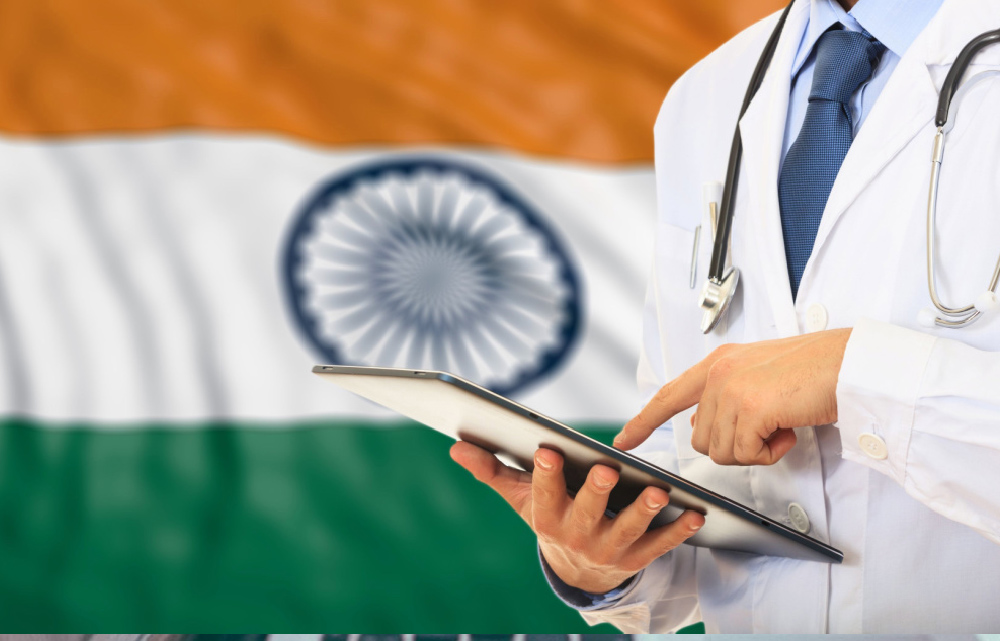By 2030, the demand for Indian healthcare professionals is projected to undergo a remarkable transformation, doubling not only within the borders of the nation but also resonating on a global scale. This surge in demand signifies a pivotal shift in the healthcare landscape, with India poised to play a crucial role in meeting the burgeoning needs of populations worldwide.
With advancements in medical technology, an aging population, and evolving healthcare systems, the demand for skilled healthcare professionals has never been higher. India, known for its robust education system and a vast pool of talented healthcare professionals, is primed to meet this growing demand head-on.
Within the nation itself, various factors contribute to the escalating need for healthcare professionals. A rapidly expanding population, coupled with an increased focus on public health initiatives and infrastructure development, is driving the demand for doctors, nurses, technicians, and other healthcare specialists. Furthermore, the rise of chronic diseases and the growing awareness of preventive healthcare are fueling the requirement for skilled professionals who can deliver quality healthcare services.
Beyond India’s borders, the demand for Indian healthcare professionals is gaining momentum on a global scale. With the globalization of healthcare services and the increasing mobility of healthcare professionals, Indian doctors, nurses, and specialists are sought after in countries facing shortages of skilled healthcare workers. Whether it’s providing primary care in rural areas, performing complex surgeries in urban centers, or contributing to medical research and innovation, Indian healthcare professionals are making significant contributions to healthcare systems worldwide.
The doubling of demand for Indian healthcare professionals by 2030 presents both opportunities and challenges. On one hand, it offers a promising career path for aspiring healthcare professionals in India, with abundant opportunities for employment and professional growth. On the other hand, it underscores the importance of investing in healthcare education and training to ensure that the workforce remains adequately skilled and equipped to meet the evolving healthcare needs of a diverse population.
To harness the full potential of this surge in demand, policymakers, healthcare institutions, and educational organizations need to collaborate effectively. This collaboration should focus on enhancing the quality of healthcare education, expanding training programs, fostering research and innovation, and creating a supportive environment for healthcare professionals to thrive.
In conclusion, the projected doubling of demand for Indian healthcare professionals by 2030 signals a transformative shift in the global healthcare landscape. With India at the forefront, poised to meet this growing demand, there is a unique opportunity to shape the future of healthcare delivery and make a meaningful impact on the health and well-being of populations around the world.

